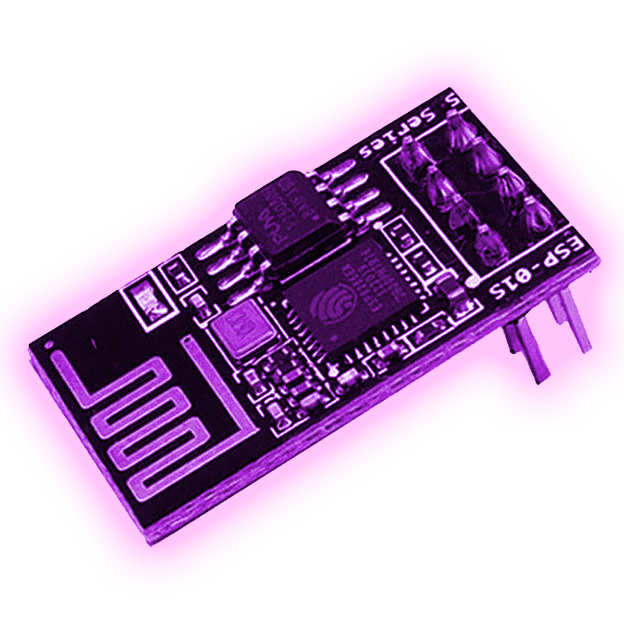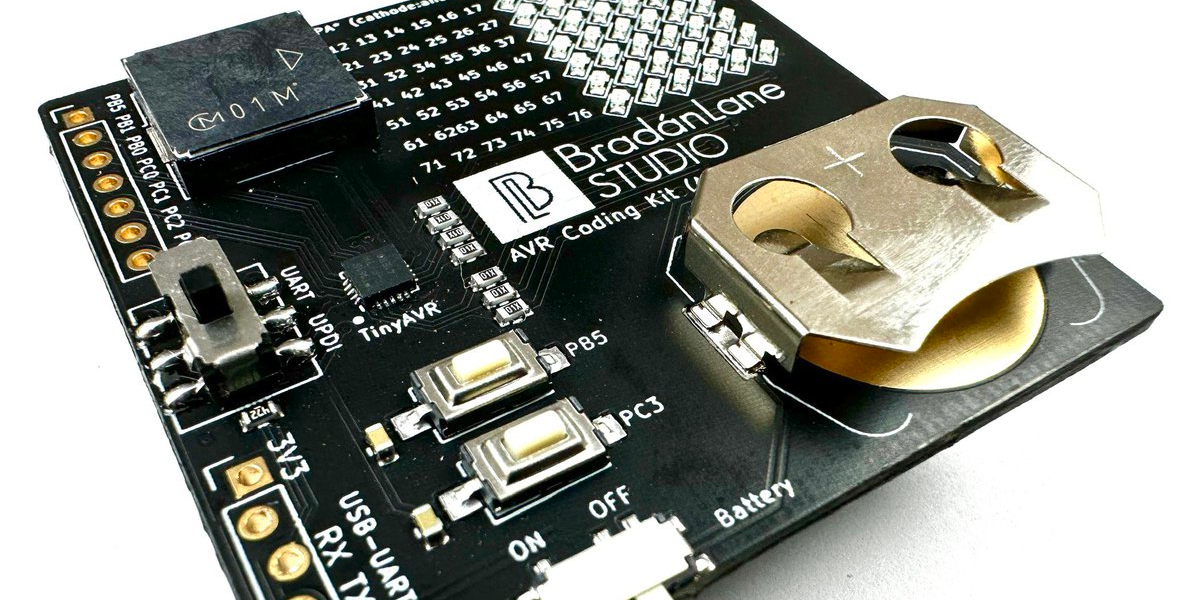- cross-posted to:
- [email protected]
- cross-posted to:
- [email protected]
I do think that the newest AVR DA / DB / DD and EA chips are probably what you’d want though.
ATtiny1616 and other older chips (ATMega328p or whatever) are all… fine? But the newest chips are much better. AVR DD is maybe 3 or 4 generations of improvements over the ATtiny1616.
That being said: this is an impressive board and ATtiny1616 still works. Just keep an eye out on this newest stuff, which isn’t even that expensive.
-
16kB Flash / 2kB SRAM ATtiny1616 is $0.99 (https://www.digikey.com/en/products/detail/microchip-technology/ATTINY1616-MFR/7354426)
-
16kB Flash / 2kB SRAM AVR16DD20 is $1.03: https://www.digikey.com/en/products/detail/microchip-technology/AVR16DD20-I-REB/16643816
The board itself is seemingly fine, though the real advantage of AVRs in general is how dead simple they are to design circuits around. So I feel like you really get the best advantage for AVR when you make your own circuits.
For beginners, AVR64DD28 (https://www.digikey.com/en/products/detail/microchip-technology/AVR64DD28-I-SP/16571745) comes in DIP format, for easy breadboarding. The larger amounts of plastic will cost you $2.32 instead of $1 though. Also its 64kB Flash / 8kB SRAM, so its a bigger chip.
The real benefit of this board is likely its “coding” material page (https://gitlab.com/bradanlane/avrcoding101), which looks like a few good project files to help beginners see how code is written and how to use this hardware. That’s plenty of reason to buy this board IMO. Though I still kinda wish they went with some of these more modern AVR DD chips instead!!
EDIT: It should be noted that the ATtiny1616 is “more like AVR DD” than the ATMega328p of yester-decade. And ATMega328p, ATtiny1616, and AVR DD are all AVR Assembly with huge similarities in application. AVR DD just has a few more features and a different pinout. So anyone practicing on the older chips still will feel very comfortable “upgrading” to the newer stuff.
-



